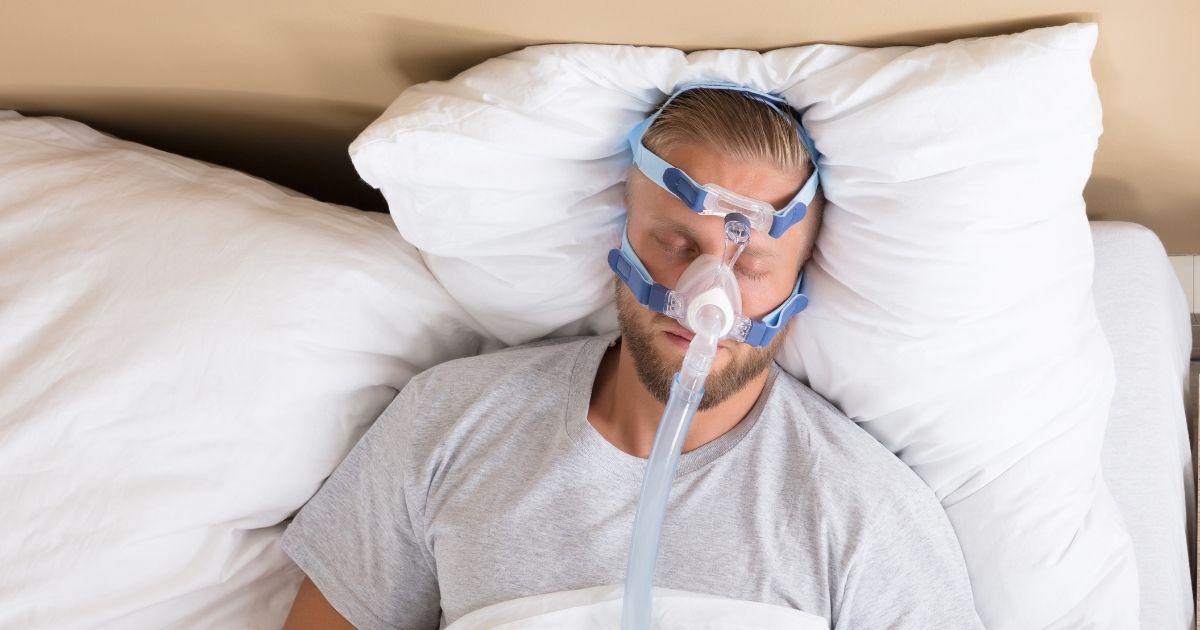Sleep apnea affects hundreds of thousands of people in the United States. Those who suffer from it stop and start breathing continuously throughout the night, sometimes for several minutes. They often wake up with a headache, an unusually dry mouth, and feel fatigued. Loud snoring normally accompanies the condition.
Sleep apnea can affect a person’s overall wellbeing and health. That includes their oral health as well. Bad-quality sleep can lead to a wide variety of oral health issues, including bad breath, mouth ulcers, and the development of gum disease.
A person with sleep apnea will often experience these problems and more, including the following.
TMJ Disorders
TMJ disorders are often common in people with sleep apnea. A study in the Journal of Dental Research found that people with two or more signs of sleep apnea had a 73 percent higher risk for a TMJ disorder regardless of risk factors.
The TMJ connects the lower jaw to the upper jaw. There is one joint on each side of your face. When the joints do not function correctly, it can lead to sleep apnea as well as these symptoms of TMJ disorders:
- Pain throughout the head, neck, and shoulders.
- Jaw pain.
- Problems chewing.
- Jaw joints that make clicking or grinding sounds.
- Lockjaw.
Mouth Breathing
A person with sleep apnea will breathe through their mouth for most of the night. Dry mouth is quite serious in terms of oral health. Adequate levels of saliva in the mouth are vital for oral health. Saliva neutralizes harmful acids and helps promote healthy mouth tissue. Mouth-breathing results in dry mouth, which can lead to:
- Tooth decay.
- Plaque.
- Mouth sores.
- Gingivitis.
- Periodontal disease.
Bruxism
Bruxism is the term used for grinding the teeth or clenching the jaw. People can do both while awake, but it more commonly occurs while a person is sleeping. Symptoms include:
- Loose teeth.
- Eroded tooth surfaces.
- Cracked, chipped, or broken teeth.
A person who suffers from bruxism may feel muscular pain about the head, neck, face, and jaw, and dry lips, mouth, and throat upon wakening.
Parents should note that sleep apnea can affect children as well, including their oral health. Cavities, inflamed gums, gum bleeding, and gum diseases have been diagnosed along with sleep apnea in some children. Be on the lookout for both sleep and mouth problems with your children.
Can My Doctor Diagnose Sleep Apnea?
While sleep apnea is generally diagnosed by a doctor who will perform exams and most likely sleep tests. However, an oral surgeon is trained to look for the signs of sleep apnea and may question you about your sleep habits.
An oral surgeon may suspect sleep apnea if the patient reports painful chewing, headaches, and excessive pain in the shoulder or neck. Oral surgeons will look for excessive jaw-clenching and broken, missing, or worn teeth.
South Jersey Oral Surgeons at Lanzi Burke Oral & Maxillofacial Surgeons Can Help You if You Have Sleep Apnea
Sleep apnea can negatively affect your oral health and general wellbeing. Contact one of our South Jersey oral surgeons at Lanzi Burke Oral & Maxillofacial Surgeons today to learn more about your options. Located in Washington Township, Haddonfield, and Woolwich Township, New Jersey, we serve clients throughout South Jersey. Call 856-582-4222 or contact us online to schedule a consultation.


